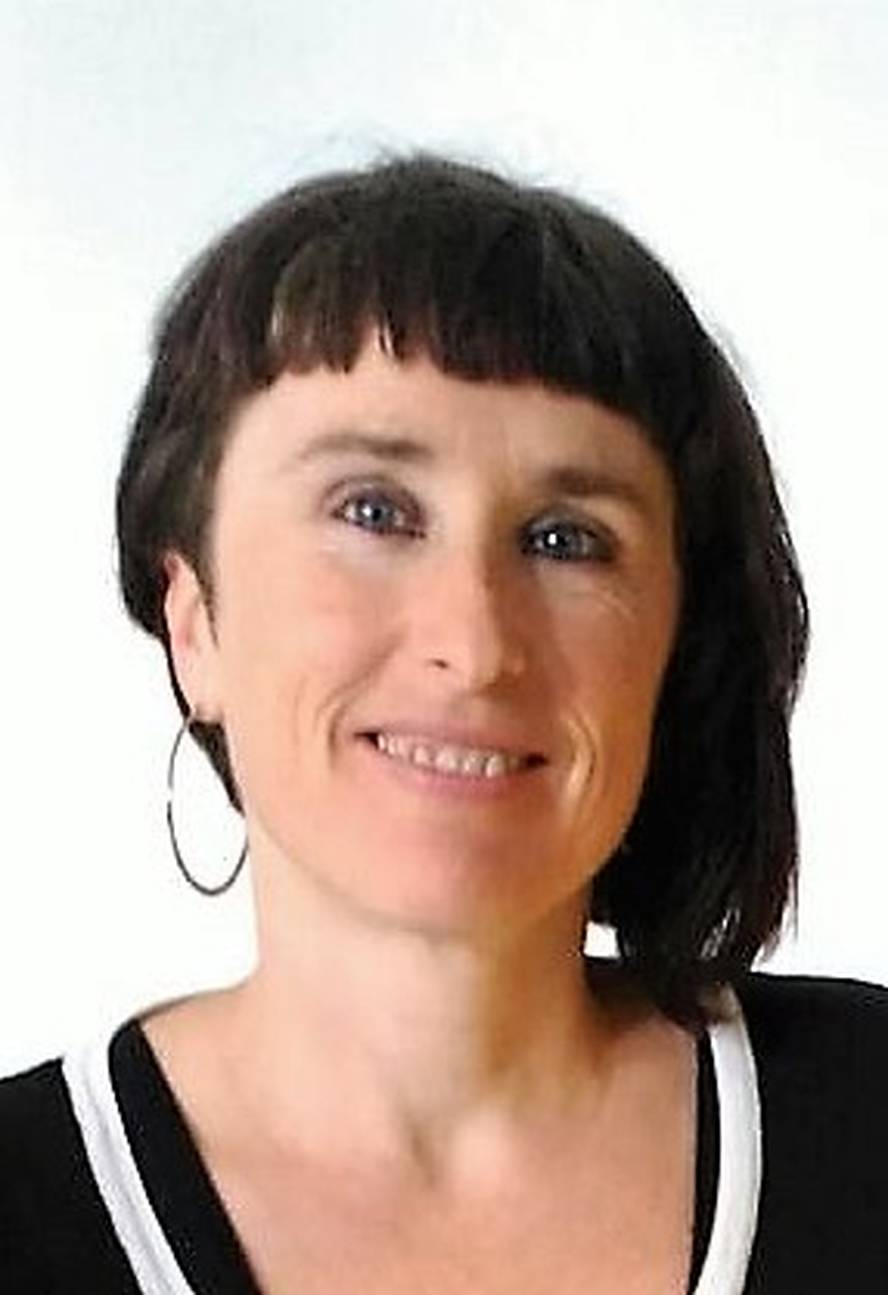“I would like to witness a broad social reconnection”
Dr. Mirene Begiristain Zubilwaukee (Andoain, 1972) is a PhD in Economics and a professor at the Faculty of Economics and Business at the University of the Basque Country and a member of the HEGOA institute. In her line of research she analyzes agri-food systems from a feminist perspective, deepening, among others, the lines to work on strategies, processes and food projects to work on the sustainable transition in the context of the eco-social crisis. He belongs to the coordination group of Biolur Gipuzkoa and is a member of EHKOreader.
What has surprised, altered or surprised you most since you started working?
I started studying Economics and Business, without having a special reason, and after more than one job, at the age of 28 I started working as a teacher and researcher at the Faculty of Economics and Business of the UPV. I've always been concerned about social issues, even in student times, but when I started researching, I realized how economics, as social science, has a multiple impact on today's society and how it shapes our daily lives. That is why I share this view with the students, and I try to convey that a critical and reflexive criterion is necessary to look at the economic model; that with the contents we raise in class we have to question the objectives of the economic projects; that we have to reflect on what the economic projects we build are.
In a school of economics, in public university in general, the lack of critical analysis of the hegemonic model has fascinated me more, because the curriculum focuses on the patterns of response to the needs of the market at an increasing speed, which barely leaves room for social reflection.
In this sense, I think it would be interesting to bring together students from different faculties (in research we call it “multidisciplinary”), students who are learning philosophy, anthropology, economy, architecture, agriculture, education, computer… and reflect on the society we are building. Discuss and address in an open, democratic, profound way the socio-economic model we want to build.
What revolution or discovery would you like to witness?
I put the research line from the very beginning into the food system and agroecology. Many things have happened for 25 years, but in recent years, above all, these issues have become particularly important. We have had a lot of work to do, but personally it has been very enriching.
In the context of the eco-social crisis we are experiencing, I would like to see Basque society taking important steps in food sovereignty. All the evidence shows that, from the reality of the Basque Country, we must protect agricultural land and biodiversity and create the right ecological conditions to become farmers as soon as possible. That is why I would like to witness a broad social reconnection, a society that listens to a call to land and to habitable lives and that permeates us with hope and prosperity.






